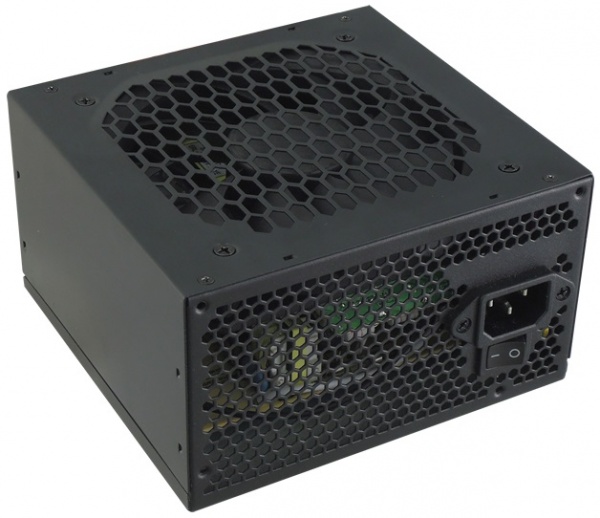Cougar Releases Budget Cougar-SL Power Supplies
Cougar has released three new power supplies aimed at the budget user.
Cougar is a relatively small company in some parts of the world, but it has regions where it is rather popular due to its pricing assortment. Once again, Cougar has released a lineup of power supplies that are targeted at the budget user. The new series will be given the name "SL."
Cougar's new SL series of power supplies are supposed to be 80 percent efficient in the most ideal situations, with a silent 120 mm fan to dissipate any heat produced. Therefore, it doesn't have an 80+ certificate. According to the manufacturer, the power is delivered to the CPU and the graphics card through the 12 V rail, which automatically divides the power for ideal stable operation. Beyond this, the unit has all the protection circuitry that we can expect, including under-volt protection, over-voltage protection, short-circuit protection, as well as overload protection.
The units will be available in three capacities: 400 W, 500 W, and 600 W. So far, there is no word on pricing or availability, but because the unit is from a budget lineup, we can expect a competitive price. Fortunately, they are also rated on a respectable MTBF (Mean Time Between Failure) of 100,000+ hours.
Get Tom's Hardware's best news and in-depth reviews, straight to your inbox.
Niels Broekhuijsen is a Contributing Writer for Tom's Hardware US. He reviews cases, water cooling and pc builds.
-
vmem Hopefully these are Haswell certified (or at least capable)... otherwise those guys will heave a heart attack when they read the TDP of deep sleep state haswell chips lolReply -
digiex I bought 2 cougar ST series, also a budget series and they work as intended, no hang or restart even in low line voltage conditions.Reply
With the Haswell scenario, a dummy load will do the trick if it will cause unstable voltages in low current/load condition, but the motherboard is not only the load in a PC so I don't think it is needed at all. If you know the inner working of a switching power supply, you will understand what I mean.
I think the Haswell hipe comes from the PSU designers/manufactures themselves so that they can sell you a "special Haswell PSU" with a higher profit.

